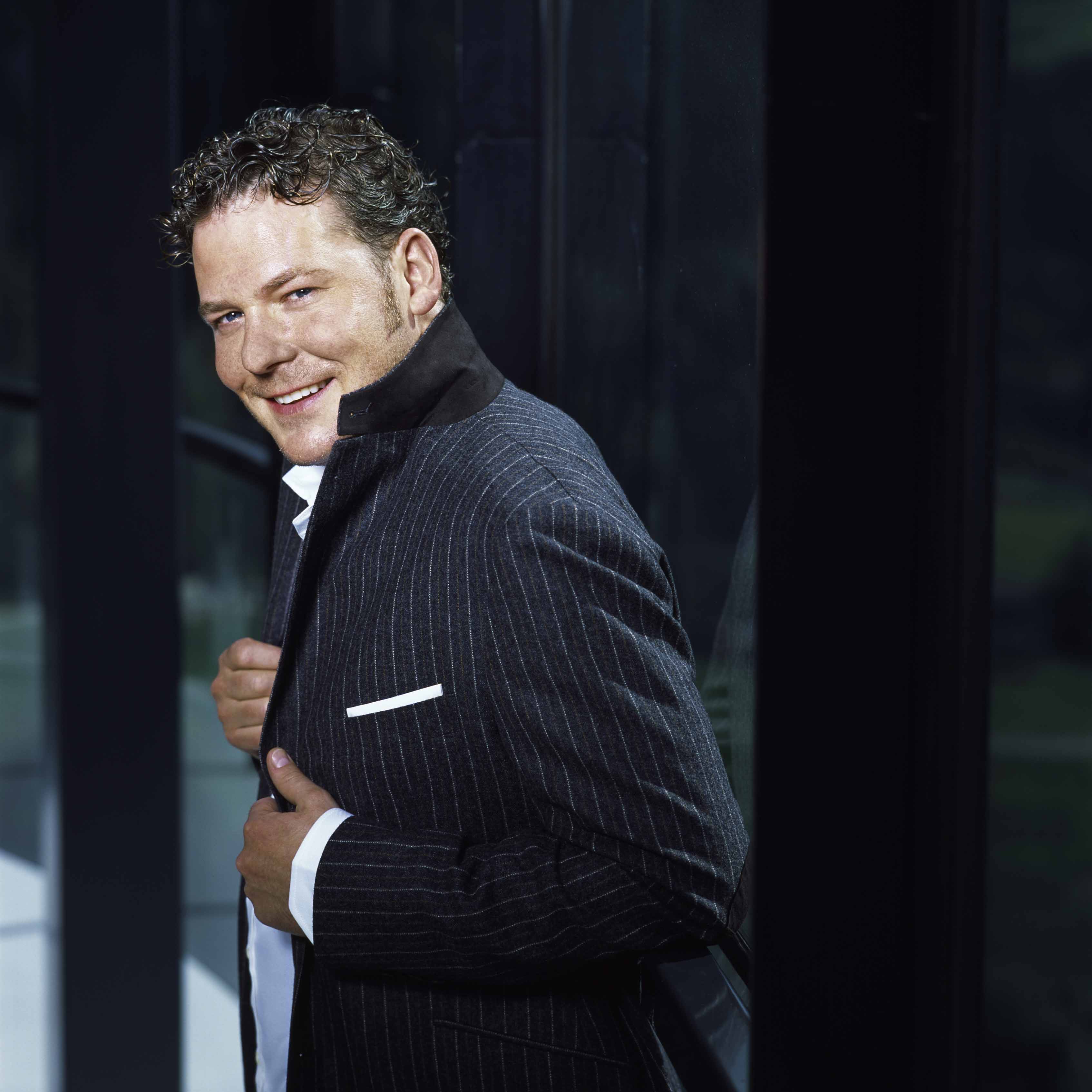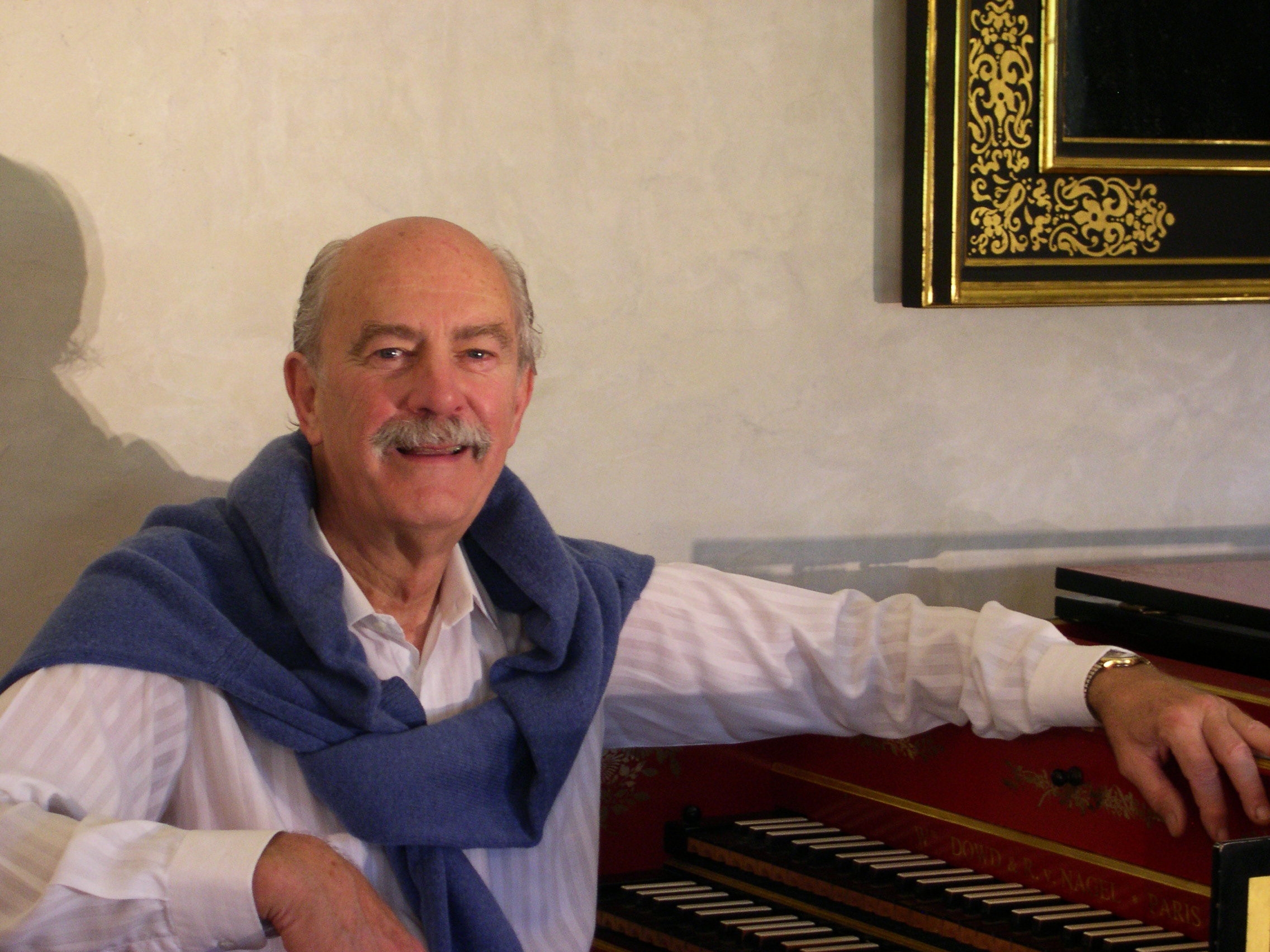|
Ezio (Gluck)
''Ezio'' is an opera seria from the Early Classical Period in three acts composed by Christoph Willibald Gluck, staged in 1750 and revised in 1763. History Metastasio's libretto for this opera had previously been set by a number of composers, including Nicola Porpora (1728) and Pietro Auletta (1728), Hasse (Naples, 1730; Dresden, 1755), Handel (London, 1732) and Latilla (Naples, 1758). ''Ezio'' was first performed during Carnival in Prague (1750); Gluck revised his setting for Vienna (1763). Unlike the two completely different settings of the text by Mysliveček, Naples (1775) and Munich (1777), Gluck's two versions share about half their music. Roles * Ezio, general (alto castrato), who loves Fulvia * Valentiniano, emperor (soprano castrato), who loves Fulvia * Massimo, Roman patrician (tenor), conspiring against Valentiniano * Fulvia, Massimo's daughter (soprano), who loves Ezio * Onoria, sister of Valentiniano, who loves Ezio * Varo, prefect and confidant of Ezio Syn ... [...More Info...] [...Related Items...] OR: [Wikipedia] [Google] [Baidu] |
Opera Seria
''Opera seria'' (; plural: ''opere serie''; usually called ''dramma per musica'' or ''melodramma serio'') is an Italian musical term which refers to the noble and "serious" style of Italian opera that predominated in Europe from the 1710s to about 1770. The term itself was rarely used at the time and only attained common usage once ''opera seria'' was becoming unfashionable and beginning to be viewed as something of a historical genre. The popular rival to ''opera seria'' was ''opera buffa,'' the 'comic' opera that took its cue from the improvisatory commedia dell'arte. Italian ''opera seria'' (invariably to Italian libretti) was produced not only in Italy but almost throughout Europe, and beyond (see Opera in Latin America, Opera in Cuba e. g.). Among the main centres in Europe were the court operas based in Warsaw (since 1628), Munich (founded in 1653), London (established in 1662), Vienna (firmly established 1709; first operatic representation: ''Il pomo d'oro'', 1668), ... [...More Info...] [...Related Items...] OR: [Wikipedia] [Google] [Baidu] |
Il Trionfo Di Clelia
''Il trionfo di Clelia'' is an Italian opera libretto by Metastasio originally written for Johann Adolf Hasse Johann Adolph Hasse (baptised 25 March 1699 – 16 December 1783) was an 18th-century German composer, singer and teacher of music. Immensely popular in his time, Hasse was best known for his prolific operatic output, though he also composed a co ... and premiered in Vienna in 1762. Among the many subsequent settings are the setting by Gluck that premiered in Bologna in 1763 and the setting by Josef Mysliveček that premiered in Turin in 1767. References External links * {{Authority control Libretti by Metastasio 1762 operas Cultural depictions of Lucius Tarquinius Superbus Cultural depictions of Cloelia ... [...More Info...] [...Related Items...] OR: [Wikipedia] [Google] [Baidu] |
Franco Fagioli
Franco Maximiliano Fagioli (born 1981, in Tucumán) is an Argentinian operatic countertenor. Life Born in Argentina, Fagioli initially studied piano and then singing at the Superior Art Institute of the Teatro Colón in Buenos Aires. He began his international career in 2003, when he won the Bertelsmann singing competition Neue Stimmen in Gütersloh, Germany. Franco Fagioli has since made regular appearances at opera houses in Buenos Aires, Karlsruhe, Bonn, Zurich, Essen and Genoa, at the Theater an der Wien in Vienna and the Théâtre des Champs-Elysées in Paris. He has also been invited to perform at a number of festivals, including those in Halle, Ludwigsburg, Innsbruck and Froville. He has worked with conductors such as Rinaldo Alessandrini, Alan Curtis, Gabriel Garrido, Nikolaus Harnoncourt, René Jacobs, José Manuel Quintana, Marc Minkowski, Riccardo Muti and Christophe Rousset. Franco Fagioli is one of the five countertenors to appear in the opera, TV, CD and DVD ... [...More Info...] [...Related Items...] OR: [Wikipedia] [Google] [Baidu] |
Andreas Stoehr
Andreas ( el, Ἀνδρέας) is a name usually given to males in Austria, Greece, Cyprus, Denmark, Armenia, Estonia, Ethiopia, Eritrea, Finland, Flanders, Germany, Norway, Sweden, Switzerland, Romania, the Netherlands, and Indonesia. The name derives from the Greek noun ἀνήρ ''anēr'', with genitive ἀνδρός ''andros'', which means "man". See the article on ''Andrew'' for more information. The Scandinavian name is earliest attested as antreos in a runestone from the 12th century. The name Andrea may be used as a feminine form, but is instead the main masculine form in Italy and the canton of Ticino in Switzerland. Given name Andreas is a common name, and this is not a comprehensive list of articles on people named Andreas. See instead . Surname * Alfred T. Andreas, American publisher and historian * Casper Andreas (born 1972), American actor and film director * Dwayne Andreas, a businessman * Harry Andreas * Lisa Andreas Places *Andreas, Isle of Man, a village an ... [...More Info...] [...Related Items...] OR: [Wikipedia] [Google] [Baidu] |
Matthias Rexroth
Matthias Rexroth (b. Nürnberg, Germany, 7 January 1970) is a German countertenor and voice teacher. Winning 1st prizes at the Francisco-Viñas in Barcelona and the 'Belvedere Competition' in Vienna in 2000, preceded an extensive international performing and teaching career. Early life and education Matthias Rexroth was raised in Coburg and completed studies as an oboist, playing professionally before discovering his countertenor voice. He usually refers to himself as an Altus (In English, a "Male alto"). Rexroth studied at the Musikhochschule Karlsruhe, the Schola Cantorum Basiliensis, and privately with Marilyn Horne. In 1999 he received a stipend award from the cultural foundation of the state of Baden Württemberg. Voice Teacher Rexroth is a professor of voice at the Warsaw Opera Academy of the national theater Teater Wielki and gives masterclasses at the Berlin Hans Eisler Musikhochschule, the Meistersingerakademie in Neumarkt, Frankfurt Opera, Kyoto City Universi ... [...More Info...] [...Related Items...] OR: [Wikipedia] [Google] [Baidu] |
Alan Curtis (harpsichordist)
Alan Curtis (November 17, 1934July 15, 2015) was an American harpsichordist, musicologist, and conductor of baroque opera. Born in Mason, Michigan, Curtis graduated from studies at the University of Illinois, and received his PhD in 1960 with a dissertation on the keyboard music of Sweelinck. He then relocated to Amsterdam to work with Gustav Leonhardt, with whom he subsequently recorded a number of Bach's concerti for harpsichord. In the 1960s and 1970s, he made a number of recordings of solo harpsichord music including albums dedicated to the keyboard music of Rameau and the works of Johann Sebastian Bach, such as his recording of the ''Goldberg Variations'' made on a 1728 Christian Zell harpsichord. Following an academic career divided between UC Berkeley and Europe, Curtis devoted his time to performing dramatic music from Monteverdi to Mozart. As a student in the 1950s, he was the first modern harpsichordist to examine problems surrounding Louis Couperin's unmeasured pr ... [...More Info...] [...Related Items...] OR: [Wikipedia] [Google] [Baidu] |
Topi Lehtipuu
Topi Lehtipuu (born 24 March 1971 in Brisbane, Australia) is a Finnish operatic tenor. He has sung a variety of roles from different periods, including the title role in Benjamin Britten's ''Albert Herring'' at the Finnish National Opera, several roles in Mozart operas, including Belmonte in ''Die Entführung aus dem Serail'' and Tamino in ''Die Zauberflöte'', both at the Théâtre des Champs-Elysées in Paris, and Ferrando in ''Così fan tutte'' at the 2006 Glyndebourne Festival. He has also appeared in Handel's ''Ariodante'' (Paris Opera), as Hylas in Berlioz' ''Les Troyens'' (conducted by John Eliot Gardiner), and the Creature in the 2019 world première of Mark Grey's ''Frankenstein'' at La Monnaie in Brussels. He has worked with other well-known conductors, such as William Christie, Michel Corboz, René Jacobs, Simon Rattle, and Christophe Rousset. [...More Info...] [...Related Items...] OR: [Wikipedia] [Google] [Baidu] |
Max Emanuel Cenčić
Max Emanuel Cenčić (born 21 September 1976) is a Croatian countertenor, as of 1994 based in Austria. He was a member of the Wiener Sängerknaben. Early career as a boy soprano Born Max Emanuel Cenčić in Zagreb, he started singing at a very early age, earning fame in his native Croatia at the age of six after singing the Queen of the Night's coloratura aria "Der Hölle Rache" from Mozart's ''Die Zauberflöte'' on Zagreb television. From circa 1987 to 1992, Cenčić was a member of the Wiener Sängerknaben, touring and recording with them. Recorded performances, in which Cenčić was either treble soloist of the Sängerknaben or an independent male soprano, include Handel's ''Messiah'', Haydn's ''Die Schöpfung'', and Mozart's Requiem, alongside countertenor Derek Lee Ragin). Cenčić can also be heard as the leading treble soloist with the Wiener Sängerknaben in numerous recordings of liturgical and secular music on the Philips label. A particular highlight from his re ... [...More Info...] [...Related Items...] OR: [Wikipedia] [Google] [Baidu] |
Sonia Prina
Sonia Prina (born 30 November 1975) is an Italian operatic contralto who has had an active career in concerts and operas since the mid-1990s. She is particularly known for her appearances in Baroque operas and for her performances of the Baroque concert repertoire. She has recorded works by composers George Frideric Handel and Antonio Vivaldi. Career Born in Magenta, Prina studied singing and the trumpet at the Music Conservatoire "Giuseppe Verdi", Milan and then pursued further studies at the La Scala Academy. She began performing in operas in the mid-1990s, first in the Italian repertoire of Rossini and Donizetti. By 1997 she had established herself as an artist in the Baroque repertoire. Some of the roles she has performed are Amastre in ''Serse'', Bradamante in ''Alcina'', Carilda in '' Arianna in Creta'', Cornelia in ''Giulio Cesare'', Ottone in ''L’Incoronazione di Poppea'', Penelope in '' Il ritorno d'Ulisse in patria'', Polinesso in ''Ariodante'', Valentiniano in '' E ... [...More Info...] [...Related Items...] OR: [Wikipedia] [Google] [Baidu] |
Jiří Petrdlík
Jiří (; ''YI-RZHEE''), the Czech is a masculine given name, equivalent to English George, may refer to: Given name B *Jiří Antonín Benda *Jiří Baborovský *Jiří Barta *Jiří Bartoška * Jiří Bicek * Jiří Bobok *Jiří Bubla *Jiří Buquoy *Jiří Bělohlávek *Jiří Brdečka * Jiří Březina C * Jiří Čeřovský *Jiří Čunek *Jiří Crha D *Jiří Dopita * Jiří Družecký (1745–1819), Bohemian-born Austrian composer and timpanist *Jiří Dudáček * Jiří Džmura F * Jiří Fischer G *Jiří Grossmann *Jiří Gruša *Jiří Grygar H *Jiří Hanke *Jiří Hájek *Jiří Hála *Jiří Hledík *Jiří Holeček *Jiří Holík *Jiří Homola *Jiří Horák *Jiří Hrdina *Jiří Hřebec *Jiří Hudec * Jiří Hudec (composer) *Jiří Hudler J *Jiří Jantovsky *Jiří Jarošík * Jiri Jelinek (born 1977), Czech dancer * Jiří Jeslínek (other) **Jiří Jeslínek (footballer, born 1962) **Jiří Jeslínek (footballer, born 1987) * Jiří Ji ... [...More Info...] [...Related Items...] OR: [Wikipedia] [Google] [Baidu] |

